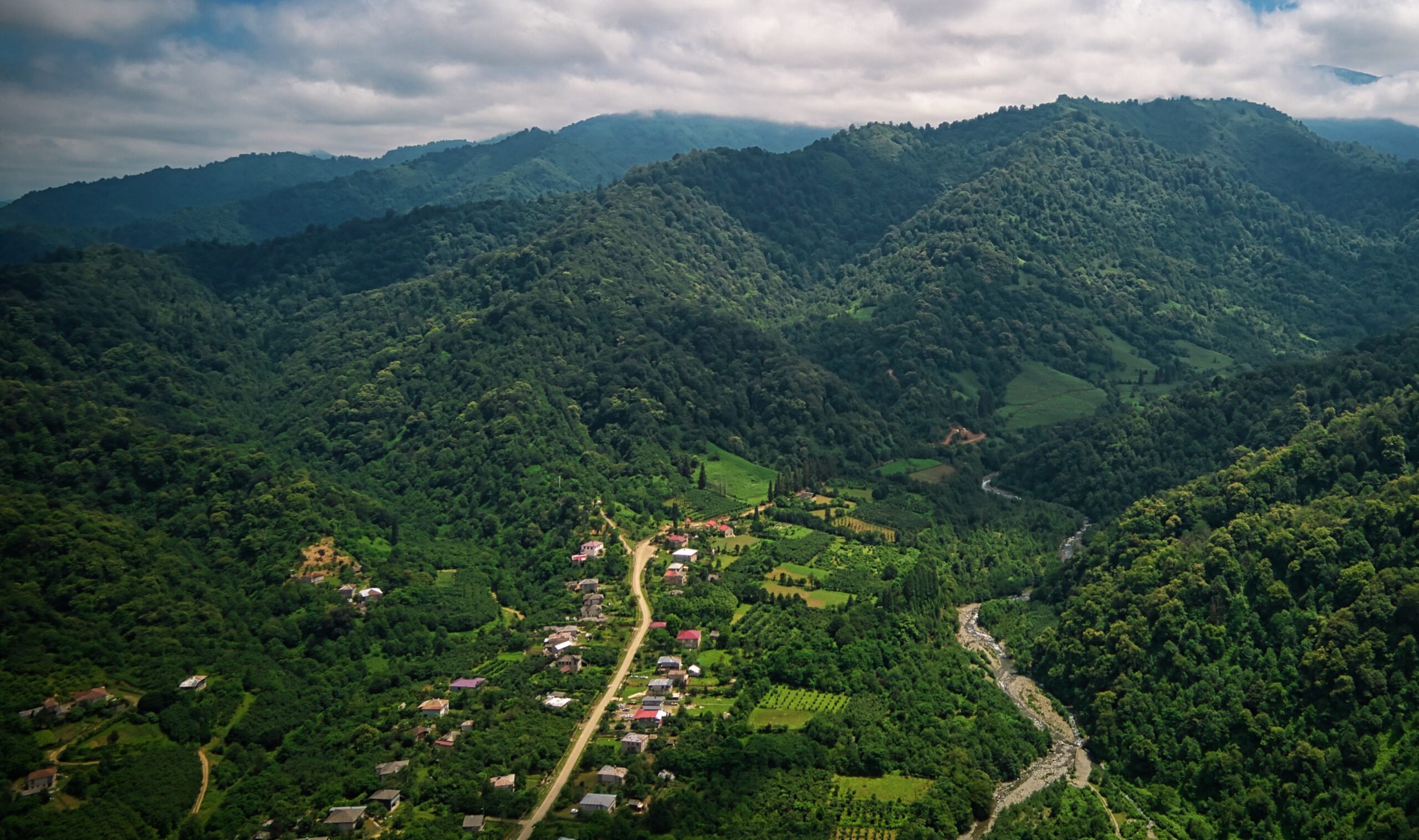GREEN Guria - Supporting Local Democracy and Rural Development for Inclusive and Resilient Green Growth
Duration: 8/12/2022 ‐ 8/12/2025
Geographic area: Ozurgeti, Chokhatauri, Lanchkhuti, Guria
Implemented by: CENN in partnership with: Young Pedagogues’ Union, Institute of Democracy and Local Action Group of KEDA (LAG)
Donor: European Union’s ENPARD IV Program
The project supports the Georgian government to improve the economic and social conditions of vulnerable rural communities in Georgia’s Guria region by enhancing civic participation, inclusive rural development, and green growth. The project focuses on building robust, climate-resilient, and green communities by diversifying rural opportunities, fostering competitive economic, agricultural, and environmental practices, and engaging civil society, vulnerable groups, women, and youth in participatory planning.
The project’s activities include establishing and building the local action groups, developing gender, child, and vulnerable group-sensitive local development strategies, implementing innovative and replicable green projects to diversify the rural economy, and promoting civic participation to empower women, youth, and local CSOs to defend the rights of their constituencies and advocate for quality public services for vulnerable groups.
The expected results of the project are improved participatory mechanisms for sustainable rural and territorial development, improved policy dialogue and participatory implementation of rural development approaches, greener and diversified rural economy, increased areas with climate-smart forest and land management, and an empowered rural population with improved access to public services and infrastructure. The project aims to promote EU values, participatory local democracy, gender equality, climate action, and green post-COVID recovery.

Rural and Community -
led Local Development
(CLLD)
In order to raise awareness about rural and regional development and introduce European LEADER approaches, a regional development manual has been developed within the project. The manual is used both by the parties involved in the project and by supporting educational institutions. The main emphasis in the manual is on the village as not only the place of production of agricultural raw materials but also on other equally important functions.
The local development groups (LAGs) of Ozurgeti, Chokhatauri and Lanchkhuti have also been created within the project. The composition of LAGs represents equal gender, youth and vulnerable groups involved in the planning and implementation of rural development, taking into account participatory approaches and LEADER principles.
